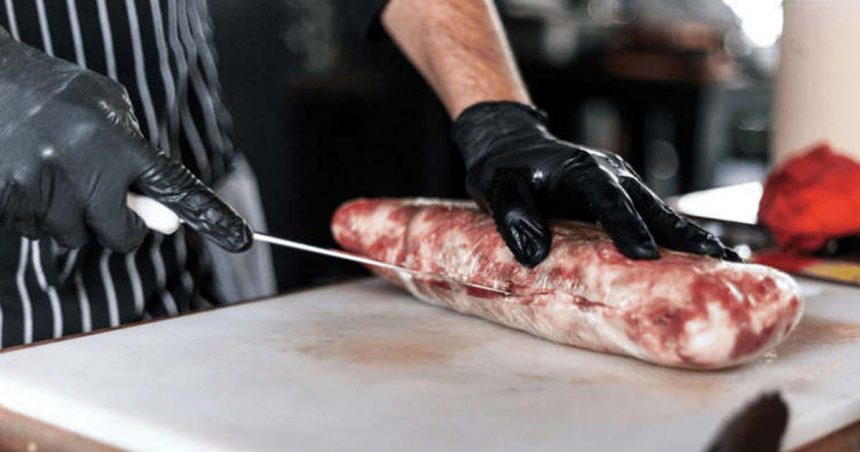Most people don’t think about food poisoning until they experience it firsthand. Fortunately, following proper food safety measures can prevent the consumption of contaminated food. Bacteria, viruses, or parasites can contaminate dishes at various stages, including storing, prepping, and cooking. Certain individuals, such as pregnant women, those with weakened immune systems, young children, and the elderly, are at a higher risk of food poisoning. Contrary to popular belief, food poisoning can happen at home with everyday ingredients and dishes.
1. Unwashed Produce
Fruit and vegetables can potentially lead to food poisoning when consumed raw. Vegetables and leafy greens are susceptible to contamination with E. coli, salmonella, and listeria from unclean water and equipment. Always wash vegetables thoroughly, especially if eating them raw.
2. Raw Sprouts
Various types of sprouts can contain salmonella, listeria, and E. coli. Pregnant women and vulnerable individuals should avoid raw sprouts. Cooking can help eliminate these bacteria.
3. Raw or Undercooked Eggs
Eggs may contain salmonella both inside the eggs and on the shell. Use pasteurized eggs for raw recipes and avoid cracked or dirty shells.
4. Raw Shellfish and Fish
Fish can develop histamine if not stored properly. Cooking may not eliminate this bacteria. Purchase seafood from reputable sources and keep it chilled until consumption.
5. Raw or Undercooked Poultry
Poultry can contain campylobacter and salmonella, which can spread to other surfaces if not cooked properly. Avoid washing raw chicken to reduce the risk of cross-contamination.
6. Rice
Cooked rice left at room temperature can develop bacteria that cause food poisoning. Store leftover rice in the refrigerator and ensure it is thoroughly reheated before consuming.
7. Unpasteurized Milk
Raw milk can contain harmful bacteria like E. coli and listeria. Stick to pasteurized milk to reduce the risk of contamination.
8. Rare Beef
Raw or undercooked beef can contain pathogens like listeria and E. coli. Cook ground beef well-done to reduce the risk of food poisoning.
9. Deli Meat
Deli meats can be contaminated with harmful pathogens through contact with raw meat or poor food safety practices. Ensure deli meats are properly refrigerated and cooked before consumption.






